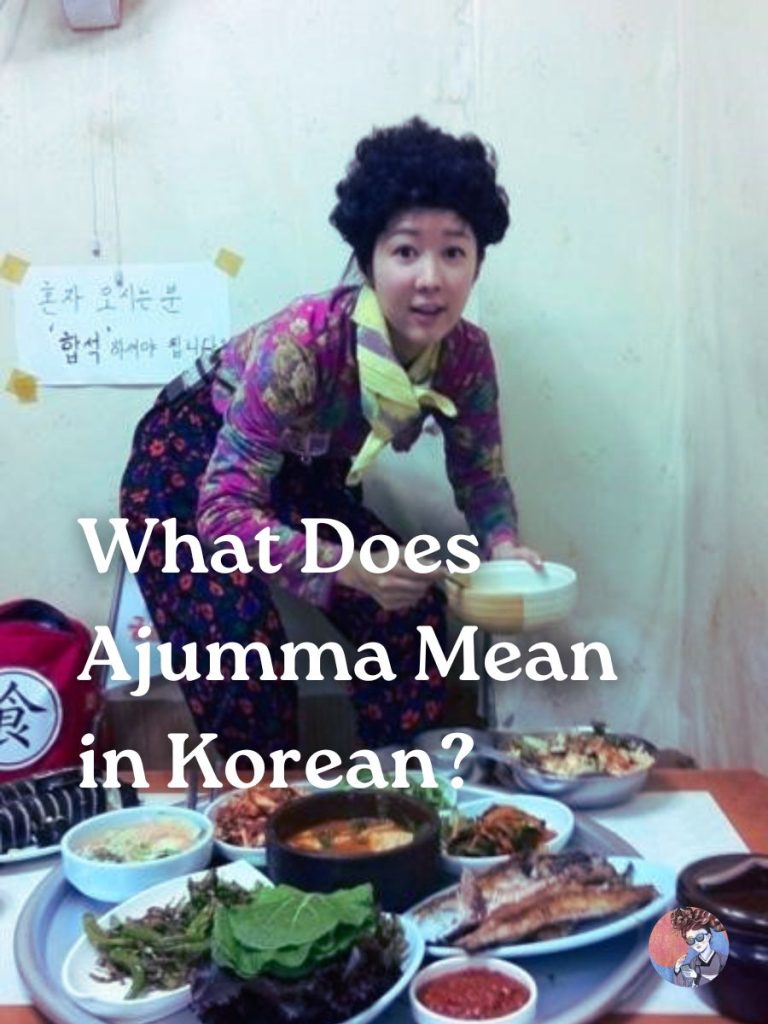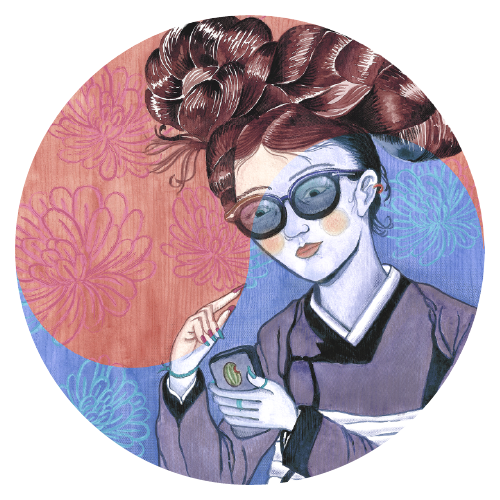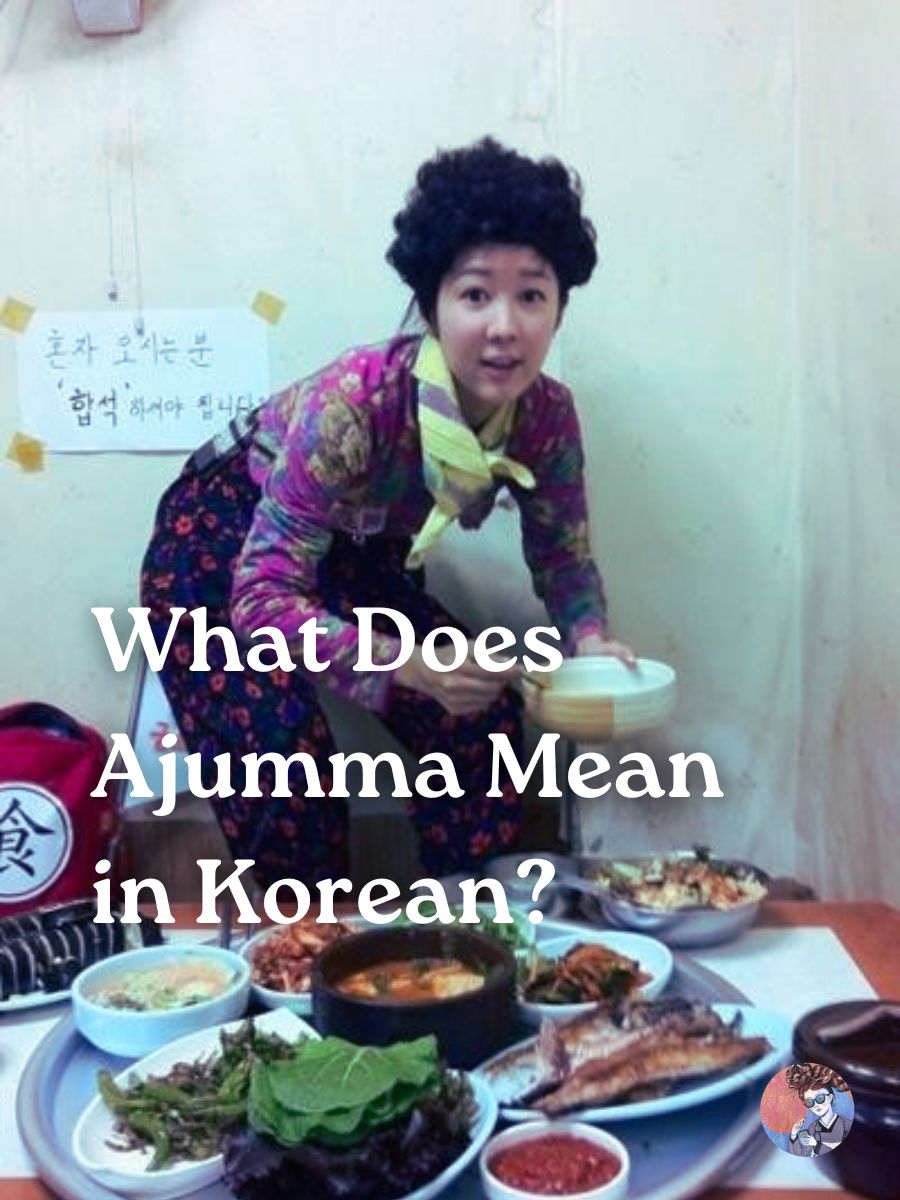
Want to know about ajumma?
Read on to learn what ajumma means, what they’re like, and how to politely address them in Korean!
Quick Summary
- Ajumma in Korean refers to middle-aged women, often married.
- Ajumma typically have similar styles of a tight perm, vivid hiking outfit, a visor, and sleeve protectors.
- Ajumma are known for their active personality, mental strength, and hardworking nature, often juggling multiple roles within the family and community.
Literal Meaning of Ajumma
The word ajumma is derived from ajumeoni, which is a more polite and formal way to address a middle-aged woman.
Ajumma is used to refer to women who are typically in their 40s to 60s, often mothers or housewives.
Ajumma Fashion Style
Ajumma has a distinct fashion style often characterized by practical clothing, such as brightly colored floral patterns and vivid hiking outfits.
Just like most Koreans, ajumma hate the sun, so they like to wear visors and sleeve protectors, even while driving.
Ajumma also like short, tightly permed hair since the style lasts long.
Stereotypes and Perceptions of Ajumma
Ajumma can sometimes carry stereotypical or negative implications.
For example, ajumma are occasionally stereotyped as being loud, assertive, tough, or even pushy, especially in public spaces like markets or public transportation.
Some are not shy to throw their purses to reserve a seat on the subway.
However, ajumma have an active personality, mental strength, and hardworking nature with the image of a strong, capable woman.
How to Politely Address Ajumma in Korean
Most women in South Korea don’t want to be called ajumma.
Here’s how to politely address them instead:
- A married woman with a kid: [A child’s name] + eomeoni
- An old lady who is a stranger: ajumeoni
- An old woman that you need to show respect: samonim or yeosanim
- A middle-aged woman at a restaurant: sajangnim (boss), emo (auntie to be friendly), or jeogiyo (the safest choice that means more like “excuse me” at a restaurant)
Conclusion
In summary, ajumma refers to middle-aged women in Korea.
While sometimes associated with stereotypes, the term acknowledges their strength, resilience, and essential role.

